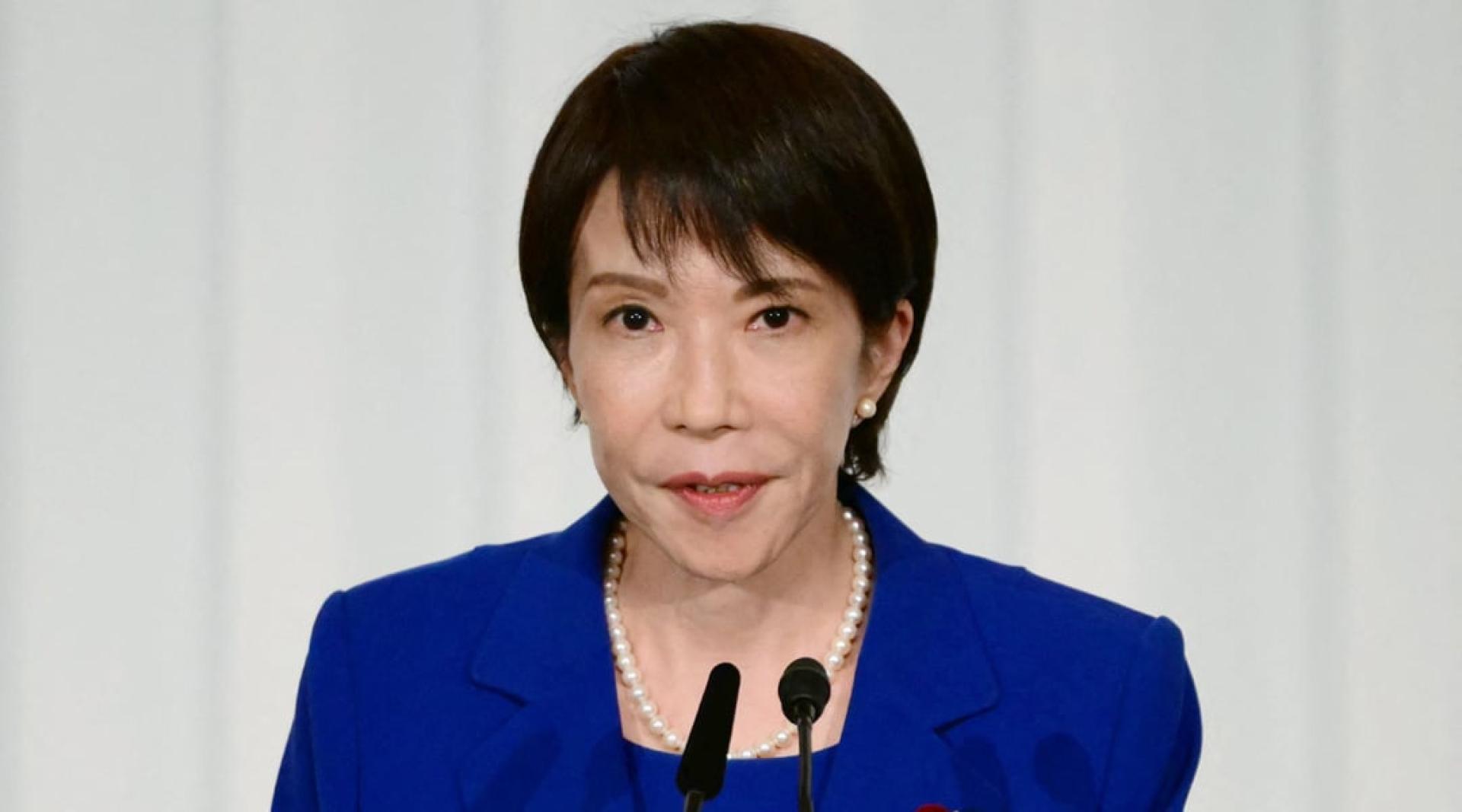Regarding the possibility of Sanae Takaichi, who takes a tough stance toward China, becoming Japan’s next prime minister, Chinese scholars analyzed that although Takaichi holds relatively deep-seated prejudices against China, her diplomatic experience is limited. Therefore, her China policy after taking office may bear a personal tone while also blending in suggestions from diplomacy teams, which could result in contradictions. However, under pressure from U.S. trade, Takaichi is expected to ensure stable China-Japan relations and avoid both China and U.S. ties falling into turmoil.
According to The Beijing News, Chen Yang, a visiting researcher at Liaoning University’s Japan Research Center, said in an interview that Takaichi has clearly stated she will continue the “Abe line,” which also includes relations with China. Yet, as U.S. President Trump has returned to office, Japan’s China policy under Takaichi may reference the general framework of Japan’s China policy during the “Trump 1.0” period.
Chen Yang believes that during the “Trump 1.0” period, Japan faced U.S. trade and business pressure. The Abe administration maintained overall stability in the U.S.-Japan alliance while actively engaging with China, improving and developing China-Japan relations, and promoting Sino-Japanese third-party market cooperation. Now, facing a “Trump 2.0” period, Japan’s practical challenges are very similar to those during the “Trump 1.0” era.
He said that Takaichi, after taking office, is predicted to also promote engagement with China while pushing forward the U.S.-Japan alliance, ensuring overall stability in China-Japan relations and avoiding simultaneous turmoil in Japan’s ties with both China and the U.S.
Chen Yang noted that if the Japanese prime minister is adept in foreign affairs and richly experienced, they do have influence over China policy. For example, the late Shinzo Abe, through long-term governance and strong factional foundations, institutionalized the “Free and Open Indo-Pacific” strategy and maintained a relatively tough stance toward China. As for prime ministers lacking diplomatic experience, they rely more on the advice of professional teams such as the Ministry of Foreign Affairs—Yoshihide Suga, for instance, did this, yet also continued the Abe line.
“Relatively Deep-Seated Stereotypes” About China
He believes that Takaichi’s actual diplomatic experience is limited but she harbors “relatively deep-seated stereotypical prejudices” against China, which will determine her China policy upon taking office. It is thus very likely to take on her personal political and diplomatic color while also being intertwined with the suggestions of professional teams such as the Ministry of Foreign Affairs. In other words, the future China policy of the Takaichi administration may show “relatively prominent contradictions.”
Regarding the future of U.S.-Japan relations, Chen Yang said that if Takaichi comes into power, Japan will still actively work to implement the “Free and Open Indo-Pacific” and continue the U.S.-Japan-based “Indo-Pacific small circle” route, including countries like the Philippines and Australia. The U.S. approach will not see large changes with a change in prime minister. However, whether Takaichi can establish as good a personal relationship with Trump as Shinzo Abe did remains uncertain. (News Source: Central News Agency)
